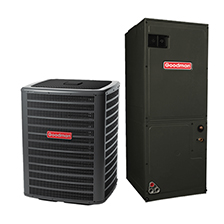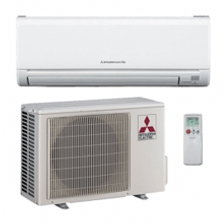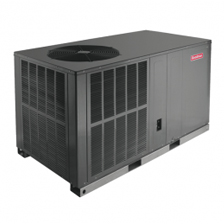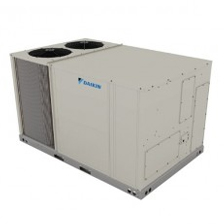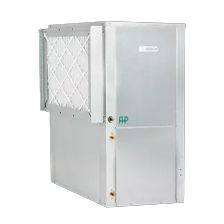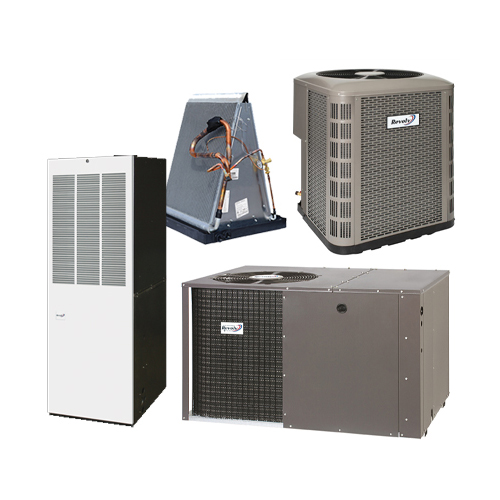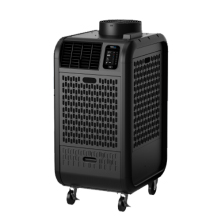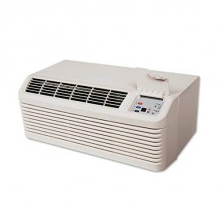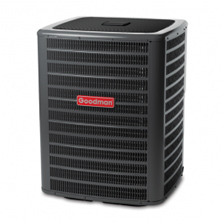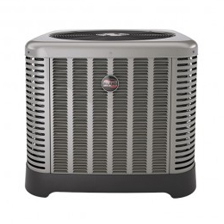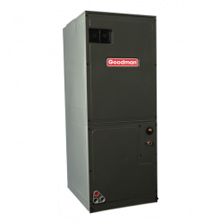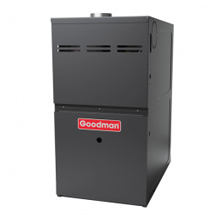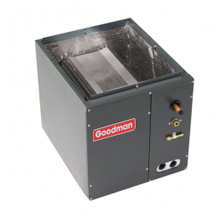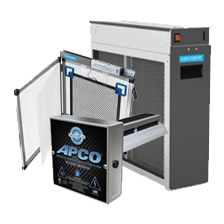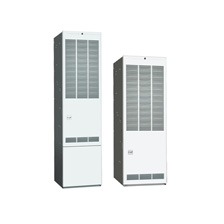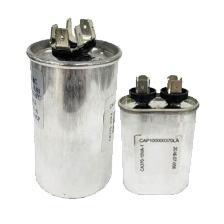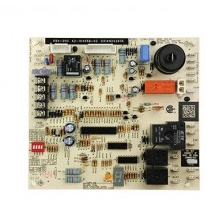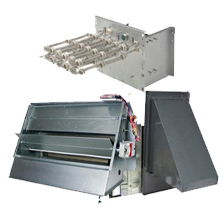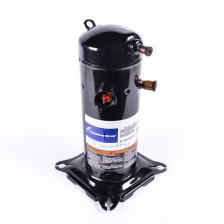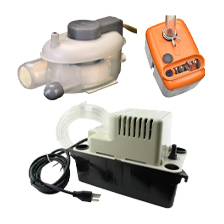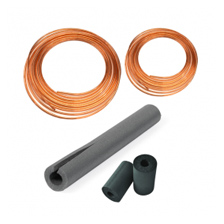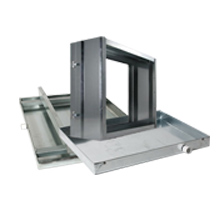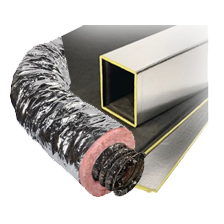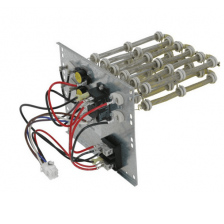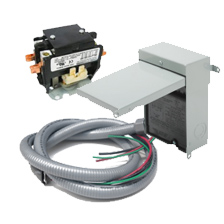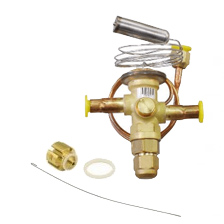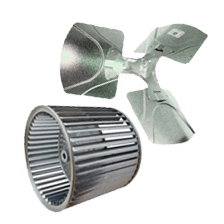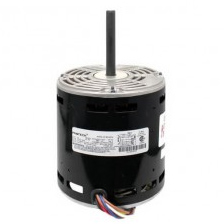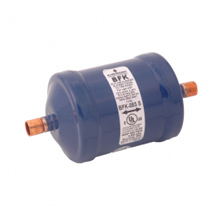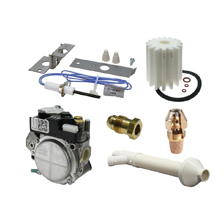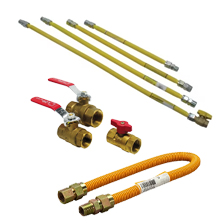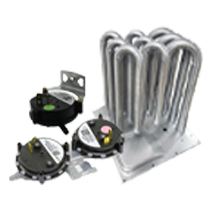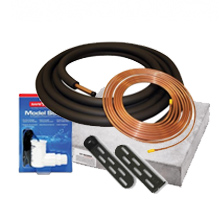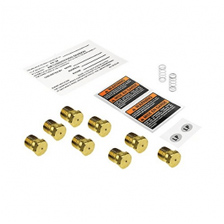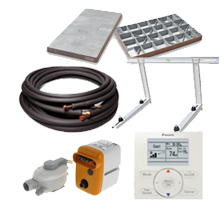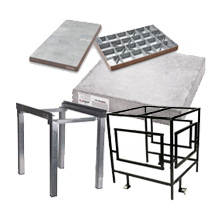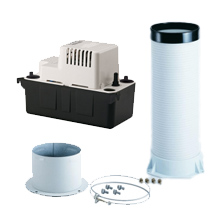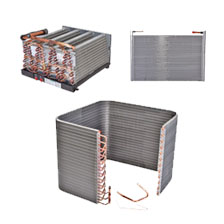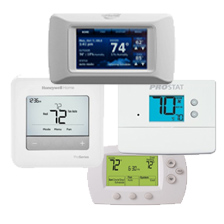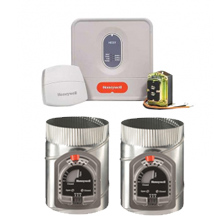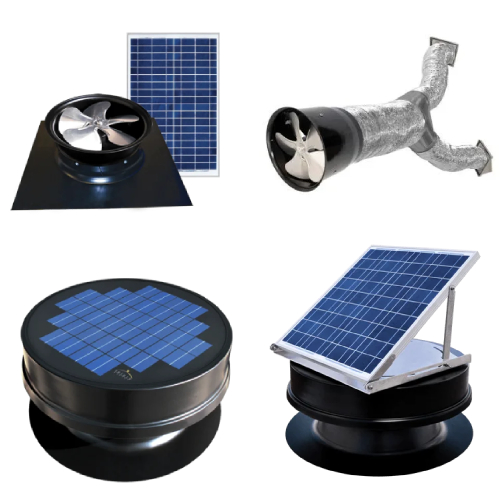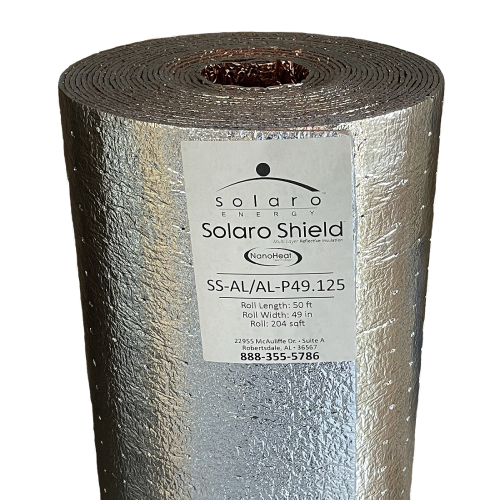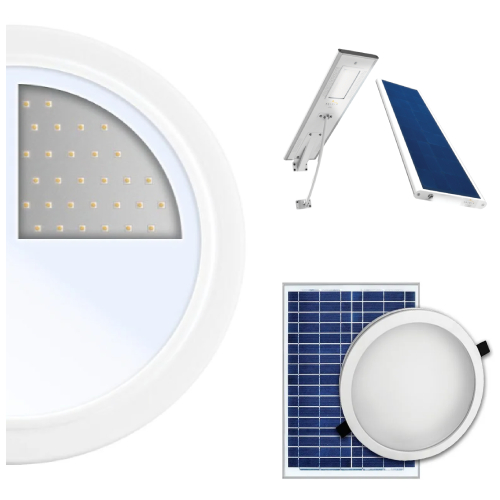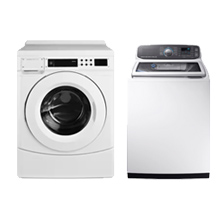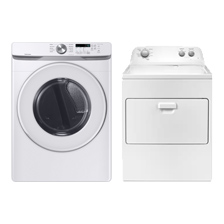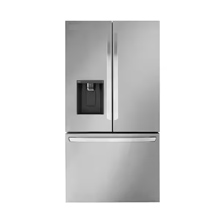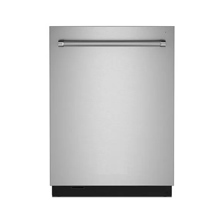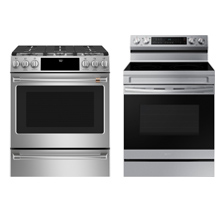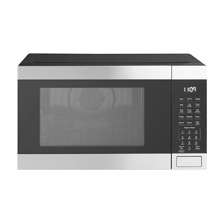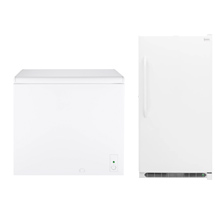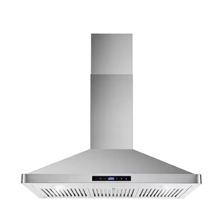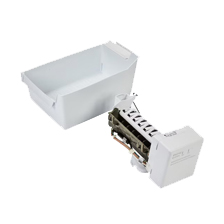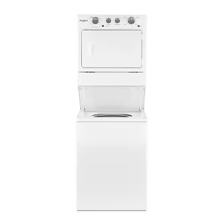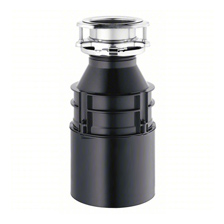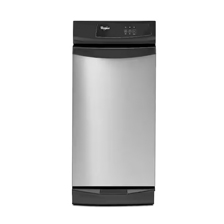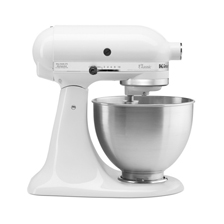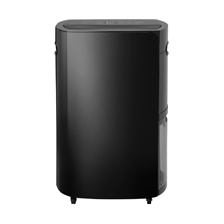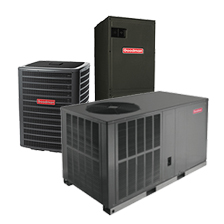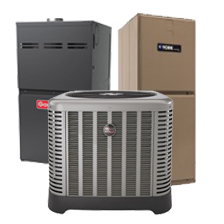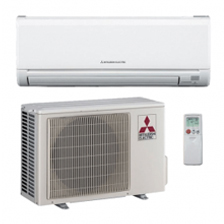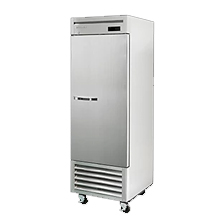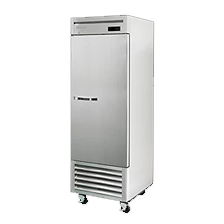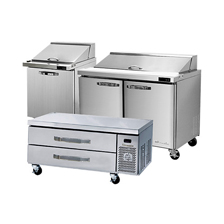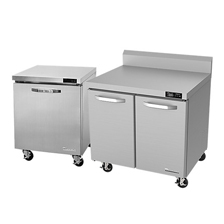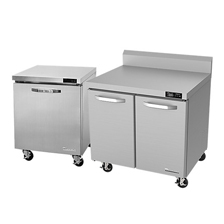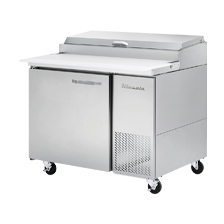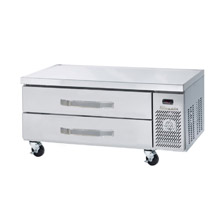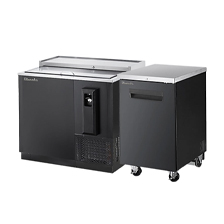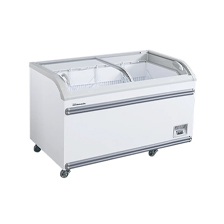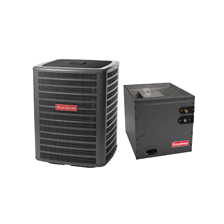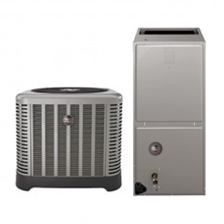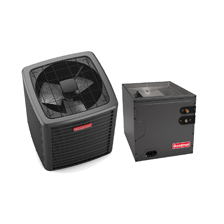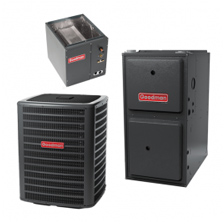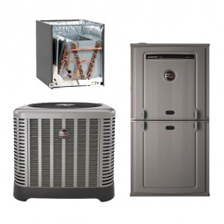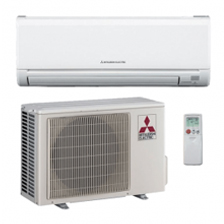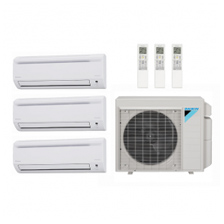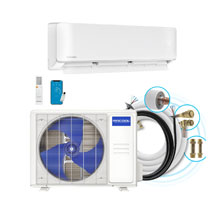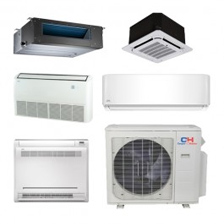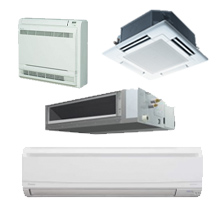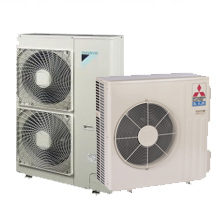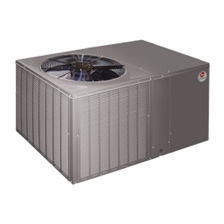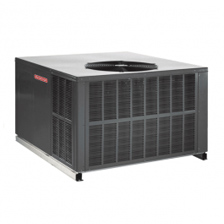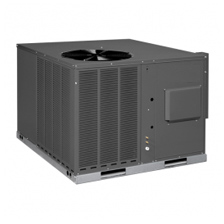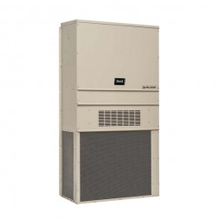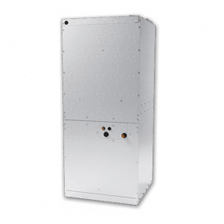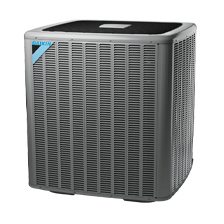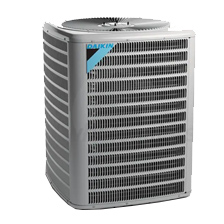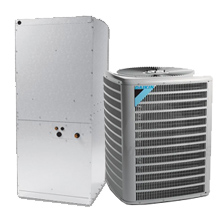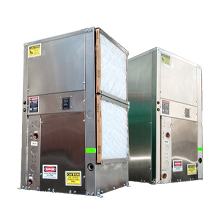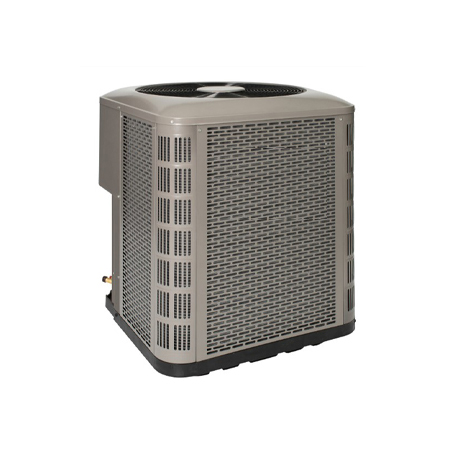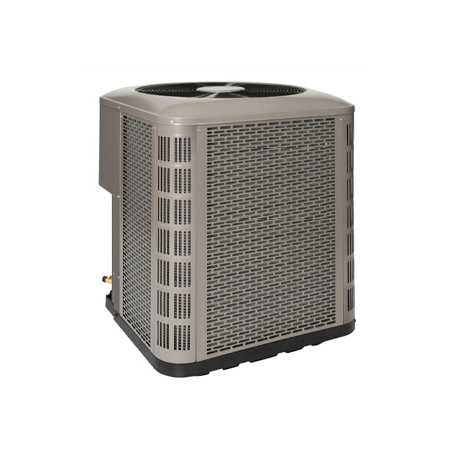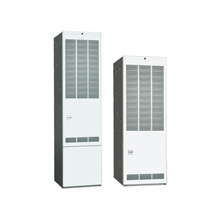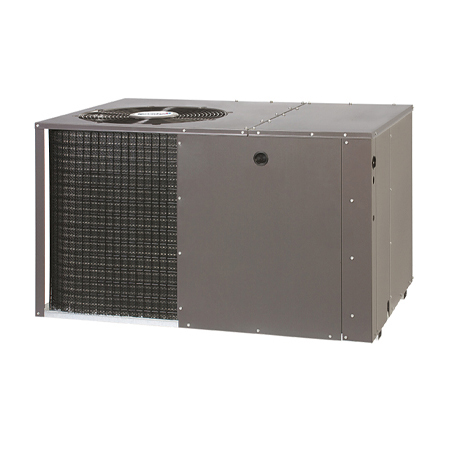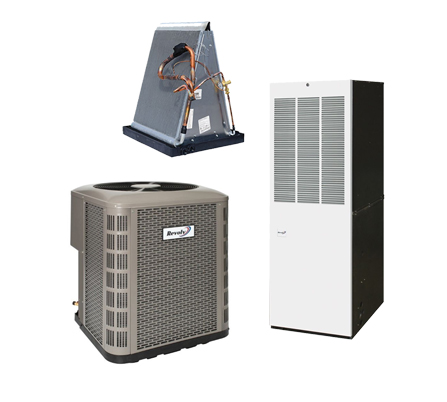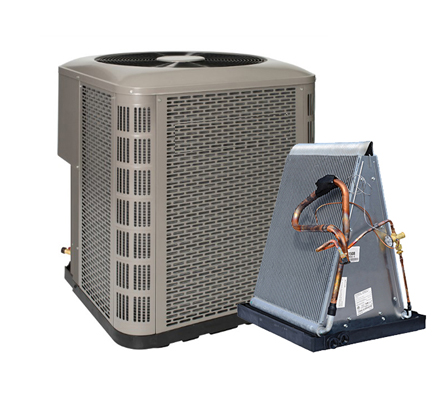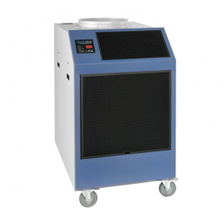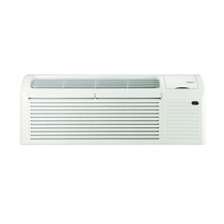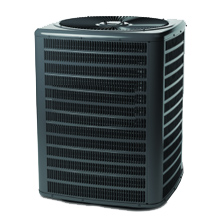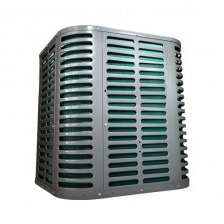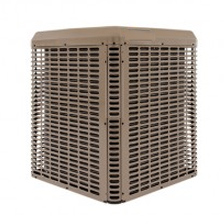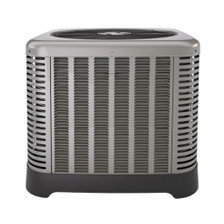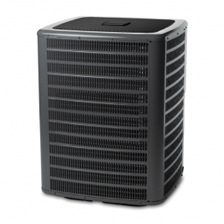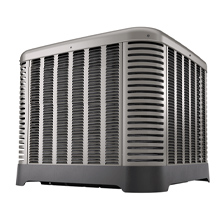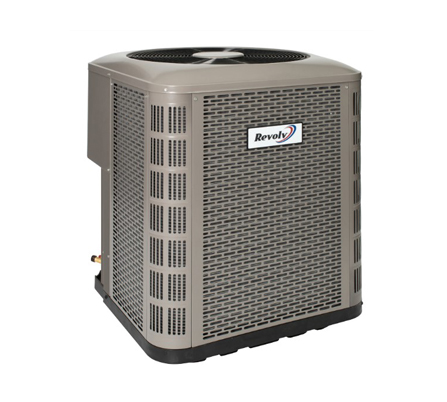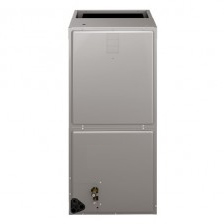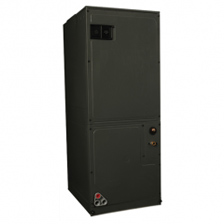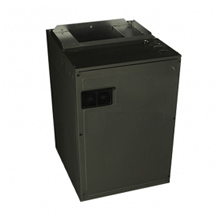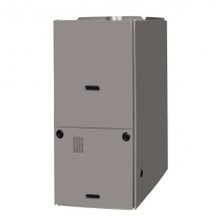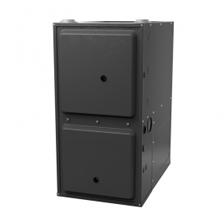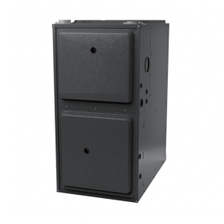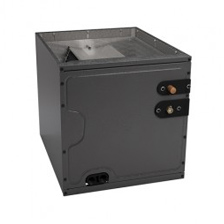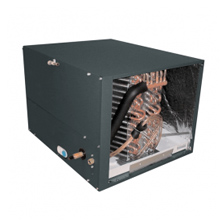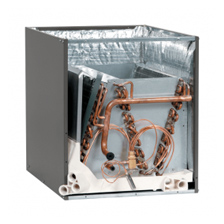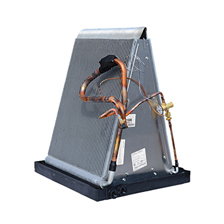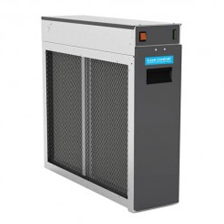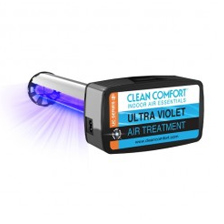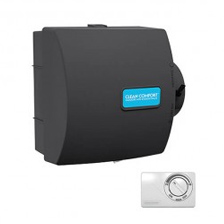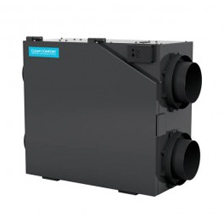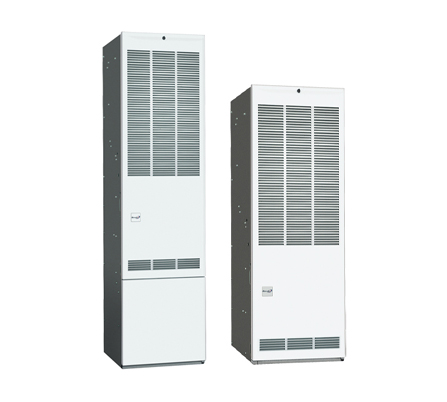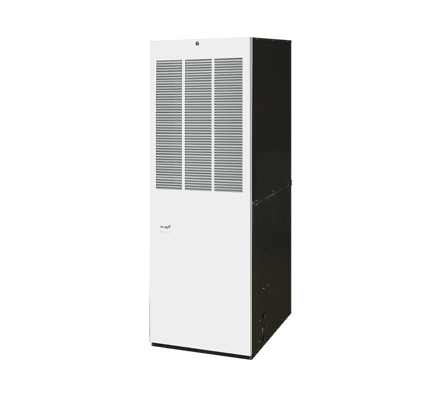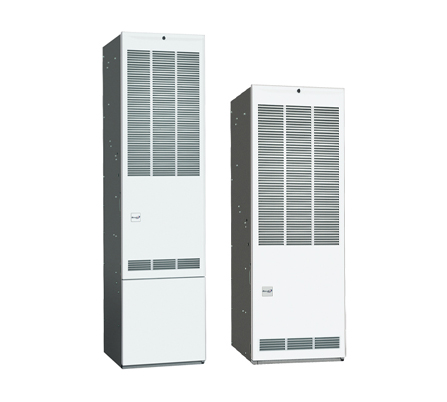- Order Online or Call
-
 (888) 474 - 9966
(888) 474 - 9966
-

-
Mon - Fri 9:00am - 3:00am EST - Se Habla Español
Sat - Sun 9:00am - 6:00pm EST
“Your Trusted Online HVAC Wholesaler for Over 15 Years”
-
January 08, 2026
For contractors, builders, and property managers, saving money without compromising on quality is always a top priority. One of the most effective ways to achieve this in 2026 is by purchasing HVAC equipment through wholesale channels. Buying directly from AC wholesalers or HVAC wholesale distributors offers businesses significant financial advantages while streamlining operations.
-
January 08, 2026
In 2026, contractors are facing more pressure than ever to reduce costs, improve efficiency, and deliver projects on time. One trend that’s catching on rapidly is the move toward wholesale HVAC equipment. But why are so many contractors making this shift, and what benefits does it bring?
-
January 03, 2026
For contractors, builders, and property managers, choosing the right suppliers is critical to maintaining project efficiency, cost-effectiveness, and client satisfaction. One question increasingly asked in 2026 is: Is wholesale HVAC equipment right for your business? With the rise of AC wholesalers and HVAC wholesale distributors, many companies are evaluating whether buying HVAC systems in bulk makes sense for their operations.
-
December 04, 2025
Homeowners seeking to reduce energy costs and environmental impact are increasingly turning to geothermal heat pumps. A geothermal HVAC system provides reliable, year-round heating and cooling, with numerous advantages over traditional HVAC equipment. From energy-saving HVAC efficiency to an eco-friendly heating system, geothermal units are a smart investment for modern homes. The AC Outlet specializes in installing premium ClimateMaster Tranquility SC units, such as the 5 Ton R-454B Cupronickel Vertical Water Source Heat Pump (Model: SCT060AJC3ZC0PS), ensuring optimal performance and long-term savings.
-
November 25, 2025
Geothermal heat pumps have become a revolutionary solution for homeowners and businesses seeking energy-efficient, cost-effective, and eco-friendly heating and cooling systems. A geothermal HVAC system harnesses the earth's natural heat, providing reliable year-round comfort while significantly reducing utility bills. This comprehensive guide explores the benefits of geothermal heat pumps, outlines the installation process, and helps homeowners understand the associated costs and considerations. For expert guidance and installation, The AC Outlet is a trusted provider in delivering top-quality geothermal solutions.
-
November 21, 2025
Understanding how geothermal heat pumps work is essential for homeowners looking to invest in energy-efficient heating and cooling systems. Unlike conventional HVAC systems that rely on fossil fuels or air-source heat exchange, a geothermal heat pump system harnesses the stable temperature of the earth to provide consistent comfort year-round. The AC Outlet specializes in installing high-quality geothermal systems, including premium units from ClimateMaster, ensuring maximum efficiency and reliability.
-
October 04, 2025
Choosing the right furnace is one of the most critical decisions a homeowner can make for comfort, energy efficiency, and cost savings. With the heating season approaching, selecting a Rheem furnace that aligns with your home size and budget can make all the difference in utility bills and indoor comfort. From gas furnaces to high-efficiency models, understanding the options available is essential to make an informed decision.
-
October 04, 2025
Choosing the right heating system is one of the most important decisions a homeowner can make. The right solution not only keeps a property warm during harsh winters but also affects monthly utility bills, long-term maintenance, and even environmental impact. With several options available—furnaces, heat pumps, boilers, and mini split systems—it’s important to understand how each works and which one best suits different needs. This guide explores how popular heating equipment options compare, explains their costs, and offers practical advice to help homeowners make the right choice.
-
September 30, 2025
Ductless mini split systems, often referred to as mini split systems or minisplit systems, have revolutionized modern climate control. Unlike traditional HVAC equipment that relies on ductwork, ductless systems provide efficient, targeted heating and cooling for individual rooms or zones. Their flexibility, energy efficiency, and quiet operation make them ideal for residential and commercial spaces alike. Understanding how ductless mini split systems work is crucial for homeowners and contractors looking to optimize comfort, reduce energy costs, and make informed investment decisions. This comprehensive guide explores the components, operation, advantages, installation, and cost considerations of ductless mini split systems.
-
September 30, 2025
Mini split systems, also called ductless mini-split systems, have become one of the most versatile and energy-efficient options for modern heating and cooling. Homeowners and businesses alike are drawn to these systems for their ability to deliver targeted comfort, reduce energy costs, and provide flexibility in spaces without ductwork. Understanding how much mini split systems cost is essential for budgeting, planning installation, and comparing them to traditional HVAC equipment. Whether you are looking for a single-room solution or a multi-zone system for an entire house, this guide will break down the factors affecting pricing, installation considerations, and long-term value.






